The Three Types of People Least-Likely to Buy an Electric Car
In the midst of a sweeping electric vehicle (EV) revolution in the United States, there are distinct groups of people who remain least likely to embrace this transformation as their next automotive choice.
While the EV market is expected to capture a significant share of the total light vehicle sales by 2030, reaching 40% and possibly even exceeding 50%, skepticism persists among certain segments of the American population. New polling data from Yahoo Finance and Ipsos provides insights into the attitudes of three specific groups: Republicans, individuals over the age of 65, and those with an annual income below $50,000.
The survey, conducted between September 29 and October 1, 2023, involved 1,025 Americans and revealed a clear reluctance among these groups when it comes to adopting electric vehicles.
Republicans:
A striking 76% of respondents identifying as Republicans expressed a strong inclination against purchasing electric vehicles. The reasons behind this political affiliation-based hesitancy may be multifaceted, encompassing concerns about EVs' cost, charging infrastructure, and environmental implications. The political divide in EV adoption highlights the challenges of achieving bipartisan support for sustainable transportation initiatives.
Individuals Over the Age of 65:
Among respondents aged over 65, a significant 70% were averse to the idea of embracing electric vehicles. This demographic's resistance might be rooted in a preference for traditional gasoline-powered cars, a lack of familiarity with EV technology, or concerns about the practicality of electric vehicles for their specific needs. Overcoming these barriers is essential to broaden the EV market's appeal across age groups.
Annual Income Below $50,000:
Another noteworthy finding is that 60% of respondents with an annual income below $50,000 expressed reluctance to consider electric vehicles. Economic factors, such as affordability and the perceived high upfront costs of EVs, likely contribute to this skepticism. Lower-income individuals may perceive electric vehicles as an inaccessible luxury, highlighting the need for more affordable EV options and financial incentives.
Stephanie Valdez-Streaty, Director of Industry Insights at Cox Automotive, sheds light on the overarching challenges hindering electric vehicle adoption. These hurdles include concerns related to pricing, charging infrastructure, and the psychological phenomenon commonly referred to as "range anxiety," which she characterizes as "infrastructure anxiety." Addressing these concerns is crucial to expanding the appeal of electric vehicles beyond these three demographic groups.
Despite the skepticism observed in these segments, the broader landscape of EV adoption remains more positive. Certain states, most notably California, have experienced substantial growth, with over 23% of new vehicle purchases being electric, far surpassing the national average of approximately 8%. Regional disparities in EV adoption can be attributed to state-level incentives and effective educational campaigns that inform consumers about available benefits.
Interestingly, the survey highlights a paradox in respondents' attitudes toward government programs. While 52% of respondents express support for government incentives aimed at promoting EV purchases, only 30% are familiar with programs such as the federal EV tax credit. This disparity underscores the importance of effective communication and awareness-building efforts to maximize the impact of such initiatives.
In conclusion, understanding the reservations of Republicans, individuals over 65, and those with lower incomes is crucial for policymakers and industry stakeholders seeking to accelerate the transition to electric vehicles. Overcoming barriers related to cost, charging infrastructure, and range anxiety is essential to make electric vehicles a viable and attractive option for a broader spectrum of the American population. As the automotive industry continues to evolve, addressing the unique concerns of these groups will be pivotal in achieving sustainable transportation goals and reducing greenhouse gas emissions.
Become an AutoGuide insider. Get the latest from the automotive world first by subscribing to our newsletter here.
This article was co-written using AI and was then heavily edited and optimized by our editorial team.
More by AutoGuide.com Staff



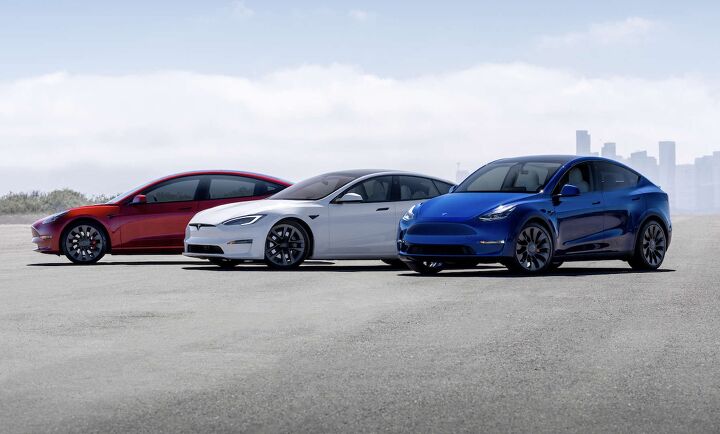
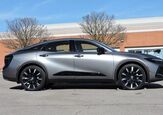
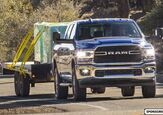








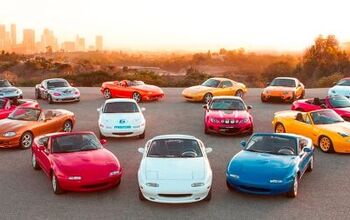



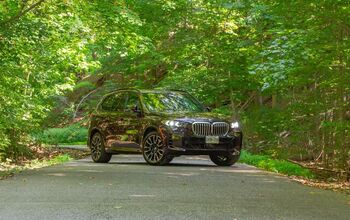
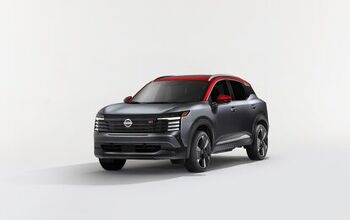
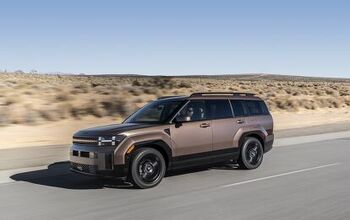
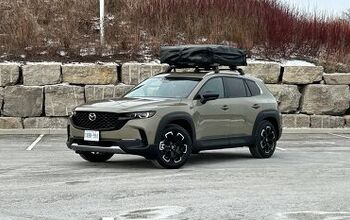
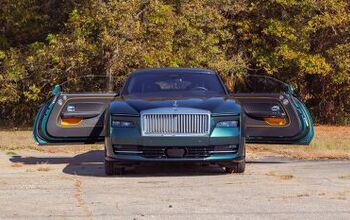
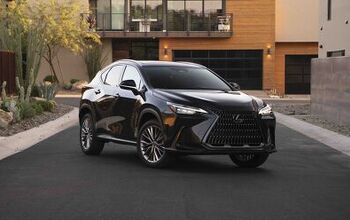
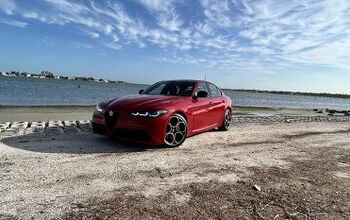


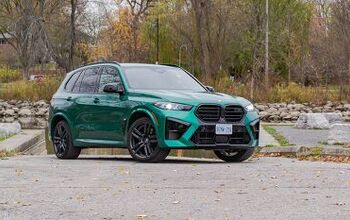

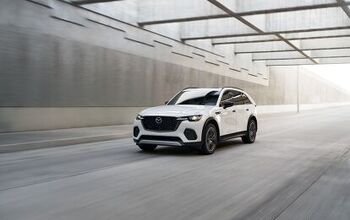
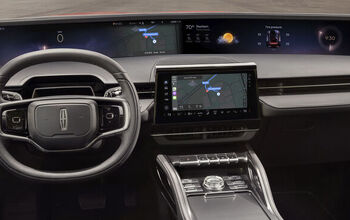

Comments
Join the conversation
There is a 4th group, those who drive long distances on a regular basis.
How about those who understand where the electricity comes from to replenish the charge...coal fired, which to thinking individuals negates the environment fantasy. Then, there are those folks who drive in the rain and wash their cars which often leads to electrical issues and shorted batteries, which are not under warranty and classified as abuse. Perhaps, informed intelligence and high self esteem leads to non-electric alternatives.